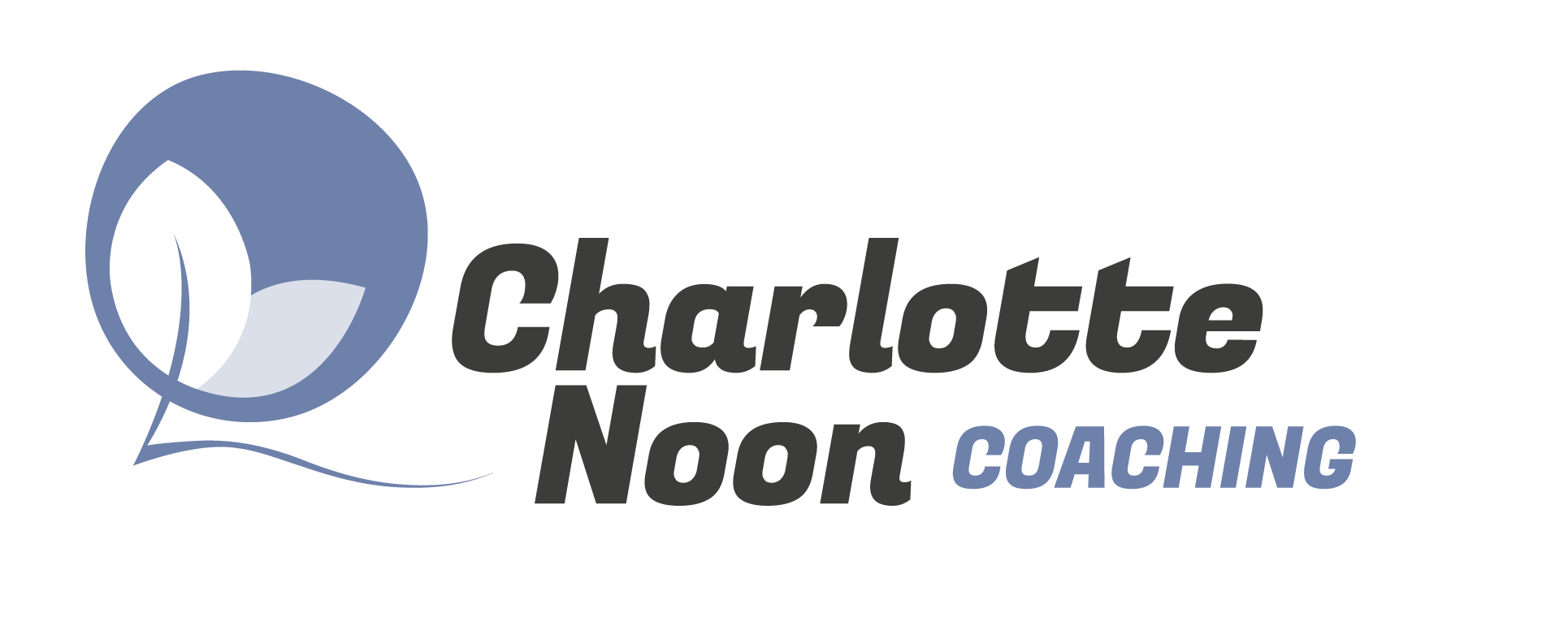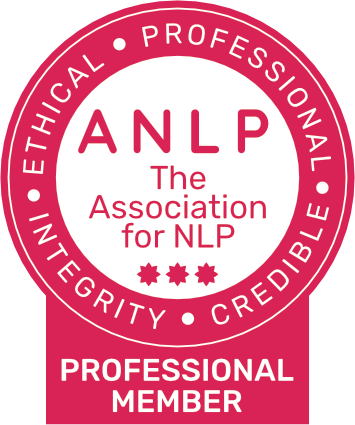How to help your teen feel positive about their mock results

Is your teen telling you that they are less than pleased with their mock results?
It’s very common for teens to feel like this at this time of year.
The thing is your teen is exactly where they need to be at this point in time. Mocks are there to provide valuable feedback on what your teen needs to focus on next to achieve their end goal.
It is what your teen chooses to do with this feedback that is important.
Disappointment happens when a situation does not meet with our expectations. Your teen will most likely already have their heart set on a particular grade. If their end goal is a grade 9, they might expect to get a 9 now. If their end goal is a pass, they might think that they should already be achieving the pass mark.
Many of the teens I work with attach so much meaning to the numbers that they get in the mocks. But it is the meaning they are attaching to the numbers, not the numbers themselves, which is causing their feelings of disappointment.
They might be thinking that the number means they are “not smart”.
They might be thinking that being “smart” is either something you are or something you are not.
The best way that you can help your teen is to teach them this mantra: There is no such thing as failure, only feedback.
Your teen has all the resources inside them to learn whatever they want to learn and become whatever they want to become.
Whilst people used to believe that intelligence was something a person either had or did not have, neuroscientists have found that brains are more stretchy and elastic than that. Due to neuroplasticity (the ability our brains have to continue to form new neural pathways throughout our whole lives), we can train our brains to learn whatever we want them to learn, in the same way that we can train any muscles in our body to become stronger.
Think of a forest. The floor of the forest is completely overgrown. To go into the forest, you would need to create a pathway. If you only used the path once, it would soon become overgrown again. But if you use the path regularly, it becomes wider and more familiar, making it easier to get into the forest. This is how we become better at a skill (such as learning to drive). We practise and a new neural pathway opens up.

Teens often tell me that the reason they are not reaching their goals is because they are not clever enough, not good enough, not fast enough … the list goes on (and the words “not enough” and “can’t” come up a lot).
It is never the case. Your teen is more than enough. And they CAN.
The thing is that they have developed a limiting belief about who they are or what they are capable of. These beliefs are usually formed before the age of 7 and then held in the unconscious mind. The belief becomes like a pair of glasses. Whenever your teen puts on those glasses, they will see every situation through that lens.
This is less than helpful because it takes your teen out of the optimum state for learning.
Take this example.
Jacob does not score as highly as he expected in his mocks (EVENT)
Jacob is unconsciously looking at the situation through the lens of “I am not smart” (A BELIEF formed at a young age).
Because our conscious minds can only hold around 5 pieces of information at a time, our minds will unconsciously delete, distort and generalise any information that does not fit with our belief.
Jacob feels disappointed (STATE)
Jacob gives up trying so hard (BEHAVIOUR)
Jacob does not meet his potential in the final exams (OUTCOME)
The key is to upgrade the glasses that your teen is looking through so that they can be in a better state for learning.
Let’s look at this example again through this more helpful lens.
Jacob does not score as highly as he expected in his mocks (EVENT)
Jacob is now consciously looking at the situation through the lens of “There is no such thing as failure, only feedback” (A BELIEF he has chosen for himself because it is useful).
Jacob feels positive and resourceful (STATE)
Jacob works out the next steps to get the outcome he wants (BEHAVIOUR)
Jacob aces his final exams (OUTCOME).
What feedback can your teen take from their mock results?
The biggest feedback is that this is where your teen in NOW, not where they will be by next summer.
Most schools have barely covered the content by this point in the course. Your teen will spend the next 5 months going over and over practice papers and those neural pathways will get stronger and stronger. It’s not unusual for a teen to move up several grades between the mocks and the real exam if they act on the feedback.
Is your teen struggling to get the exam completed in the time limit? Again, this is normal at this stage. The content is not as familiar to them as it will be in 5 months time when they have practised the questions more often. They will get quicker and quicker over time.
Is your teen unclear on the structure of the exam or the marking criteria? We all learn differently. Some need the criteria to be very clearly broken down. Some need visuals. Some prefer to learn in a more practical way. If the way your teen is revising isn’t working for them, change it. There are so many different ways to revise.
Many teens I work with blame their teachers. This is very disempowering for your teen. Teachers vary in their teaching styles. Teachers leave. Teachers get sick. Encourage your teen to take control of their own learning so that they can meet their potential regardless of what is going on around them.
If your teen would like some support with figuring out a plan following their mock results, I am currently offering 1:1 3-hour breakthrough sessions.
In the new year, I will also be offering a new mentoring package – the same features as the 3-hour session but with long-term support and mentoring up until the summer exams.
If this sounds like something that could help your teen, let’s chat.


